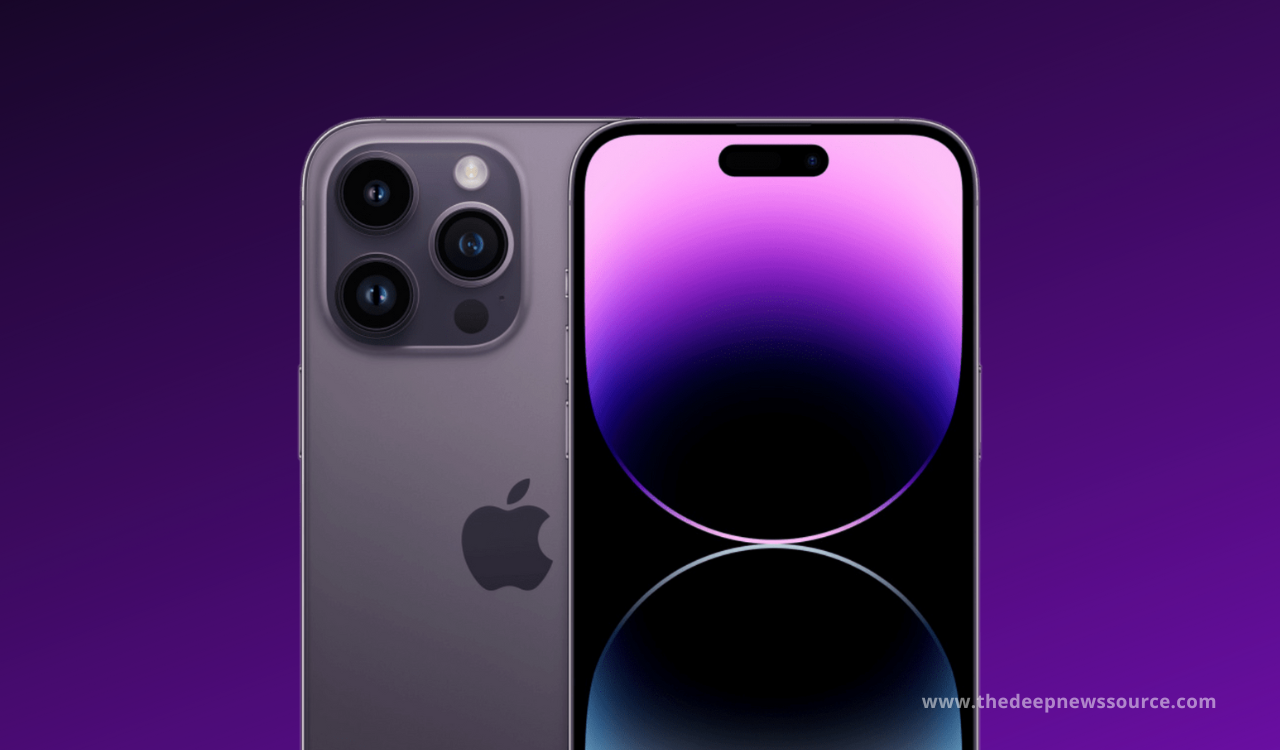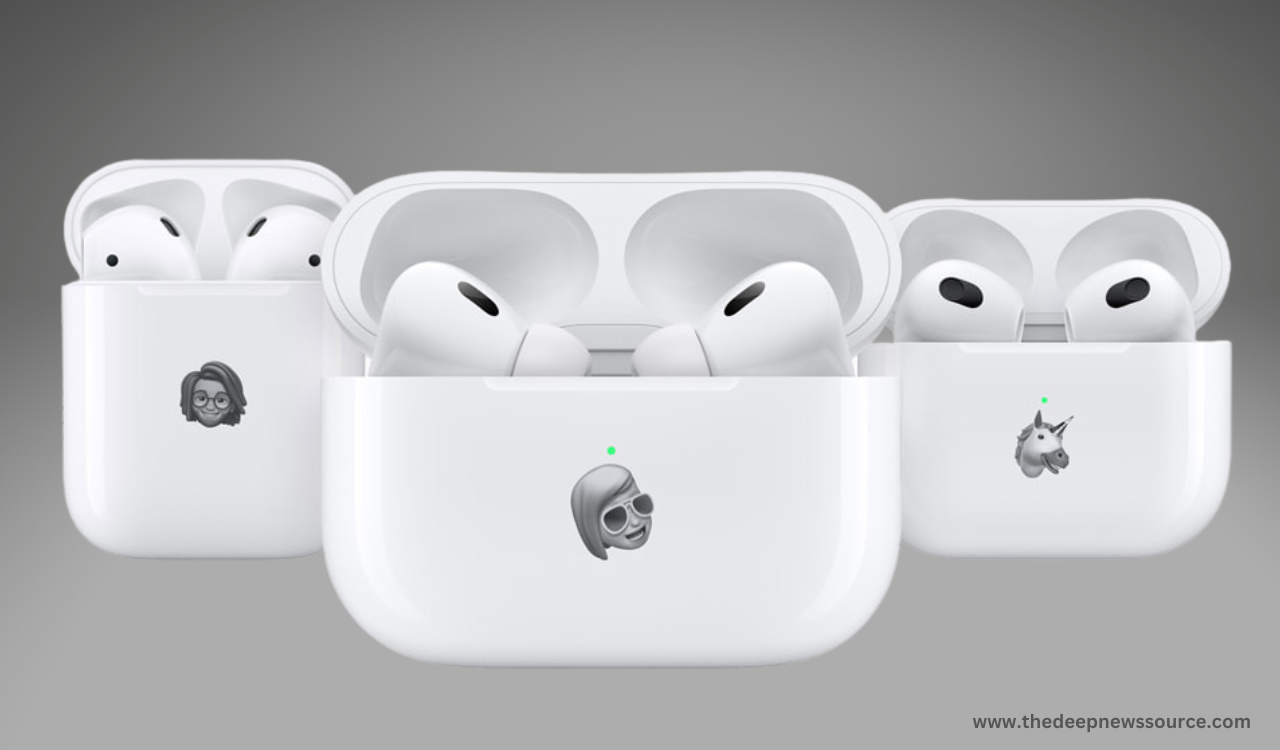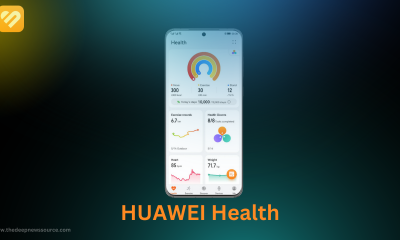Apple
Apple sued by patent holding company Parus: Siri voice assistant alleged infringement

Patent holding company Parus Holdings filed a lawsuit in the U.S. District Court for the Western District of Texas last week, accusing Apple’s Siri voice assistant of infringing its patents related to methods of searching the Internet for voice devices.
According to Appleinsider reports, Parus claimed that Apple infringed US Patent Nos. 672.1705 and 818.5402, both of which are named “Powerful Voice Browser System and Voice-Activated Device Controller”, which are used to search the Internet using devices that support voice. Among them, the 672.1705 patent was submitted by Webley Systems in 2001 and was authorized in 2004, the intellectual property rights related to the 818.5402 patent can be traced back to 2001, and Parus acquired these two patents in 2004.
It is reported that the above-mentioned two patents specify methods for accessing web pages and online information through a maintained database, and then sorting the data so as to be presented to users on wired or wireless mobile devices. The search is performed by natural voice commands received by the system and converted into data information for processing. In addition, the patent also describes a method for browsing websites using voice commands.
Parus said that Apple’s Siri voice assistant works similarly to the methods described in the 672.1705 and 818.5402 patents. Siri allows users to interact through voice commands to query the website database, and then convert the highest-ranked results into user audio messages.
Parus pointed out in the lawsuit that when the two patents were invented, mobile devices were still in their infancy. Due to limited processing, connection, and web design capabilities at the time, inventors Alexander Kurganov and Valery Zhukoff developed a novel method to detect changes to the website and adapt to such changes, so as to quickly and accurately provide the information requested by users through voice-enabled devices.
It is understood that Parus lists all Apple devices that support Siri, including iPhone, Mac, and HomePod, as infringing products, and seeks compensation for damages and litigation costs.
Apple
Google makes fun of Apple for adopting outdated smartphone technology
Recently, Google held a launch conference to introduce its Pixel collection devices such as the Pixel 7 series and Pixel Watch. During the press conference, the company mentioned Apple, iPhone 14, iOS 16, and the RCS message support that Apple was hesitant to adopt. Furthermore, Google couldn’t help but criticize Apple’s attitude toward innovation.
“Pixel has always been a leader in smartphone innovation,” said Brian Rakovsky, Google’s VP of Product Management. “We see it as an admiration when others in the industry follow our example, like ‘AOD’ And ‘At a Glance’ to put useful information directly on the lock screen.” He was referring to new features in iOS 16 and the iPhone 14 Pro.
“Three years ago, we launched the crash detection system, along with other features like safety checks and emergency sharing,” Rakovsky said at the launch. Last month, Apple introduced crash detection, the iPhone 14 Pro, And the latest Apple Watch, iOS 16 can bring more security features to users. “This is a groundbreaking feature record for the Pixel’s first launch,” he concluded.

One of the most contentious issues between Apple and Google right now is Apple’s refusal to support RCS messaging. Despite Google’s public call for Apple to adopt RCS, Apple continues to limit itself to the SMS standard and iMessage, just as it has for years with Type-C. According to Report Tim Cook previously responded, “This is not what Apple users ask the company to do.”
At last night’s Google event, it pressured Apple again to change course. “RCS is the modern industry standard for messaging and it has been adopted by most industries. We want every device manufacturer to understand this and adopt RCS to make texting better for every smartphone user.”
For the more latest news, you can follow us On!
1. Telegram.
2. Google News.
3. Twitter.
Apple
Apple rolling out the new beta update for the AirPods 2/Pro/Max

Apple has started rolling out the new firmware update for the AirPods 2, AirPods 3, AirPods Pro, AirPods Pro 2, and AirPods Max. The latest update comes in beta form and it bumps with the new build number 5B5040c.
Since WWDC in June, Apple has been providing beta firmware updates for AirPods. The beta firmware requires an iPhone running iOS 16, a Mac running macOS Ventura beta, Xcode 14, and suitable AirPods to install.
We discovered that developers must pair the AirPods with the iPhone, connect the iPhone to the Mac via a Lightning cable, launch the Xcode 14 beta on the Mac, and select the pre-release beta firmware under “Settings – Developer – AirPods Testing.”
Apple hasn’t released any information about the new firmware update for the AirPods, so we don’t know what improvements or bug fixes are included. Users can also check the firmware of their AirPods or AirPods Pro by following these steps:
How to check the new firmware update for the AirPods?
- Connect AirPods or AirPods Pro to your iOS device
- Open the Settings app
- Select general
- Select About
- Select AirPods
- Check the number next to “Firmware Version.
For the more latest news, you can follow us On!
1. Telegram.
2. Google News.
3. Twitter.
Apple
Report: iPhone 14 parts price is 20% higher than the iPhone 13

A dismantling report from Japan, according to Juheng.com, shows that the total price of parts for Apple’s iPhone 14 series flagship models is about 20% higher than that of the iPhone 13.
According to Fomalhaut, the total cost of parts for the iPhone 14 Pro Max is approximately $501 (approximately 41,495 INR), which is more than $60 (approximately 4970 INR) higher than the previous generation iPhone 13 Pro Max.
Since the launch of the iPhone “Max” flagship model in 2018, the cost price has fallen between US$400 (about 33,130 INR) and US$450 (about 37, 271INR). This time it has directly raised more than US$60, and the cost of parts and Parts totals both saw their biggest gains since 2018.
In terms of model pricing, the iPhone 14 Pro Max with the smallest capacity is priced at the same US market price as the same model in 2018 and remains at $1,099 (about 91,024INR). The rise in component prices was not directly passed on and became the main reason for squeezing profits.
According to the report, the cost increase of the iPhone 14 Pro series is primarily due to the A16 Bionic chip. The chip costs $110 (approximately 9,110INR), which is more than 2.4 times the price of the A15 chip found in last year’s iPhone 13 Pro Max. The A16 Bionic employs the most advanced 4nm process, which is currently only available from TSMC and Samsung Electronics.

For the latest news, join us on our telegram channel: link below
 We learned that Fomalhaut said that this highlights Apple’s product strategy that “it cannot be separated by new features, but has to use high-performance configuration to make a distinction”.
We learned that Fomalhaut said that this highlights Apple’s product strategy that “it cannot be separated by new features, but has to use high-performance configuration to make a distinction”.
In terms of other parts, the CMOS used in the iPhone 14 comes from Sony. Among the three cameras on the rear of the iPhone 14 Pro, the size of the CMOS used in the main camera is 30% larger than before, and the price is also about 50% higher at $15 (about 1242INR). Due to the adoption of the new CMOS, the main camera of the iPhone 14 Pro series has increased to 48 million pixels.
The OLED panel of the dismantled model adopts Samsung electronic products; the baseband chip is from Qualcomm, and the power management chip (PMIC) is Apple’s own product. In 2018, Apple acquired the power management chip business of British chip maker Dialog for $600 million.
Furthermore, the report stated that the United States accounted for 32.4% of the total parts of the iPhone 14 Pro Max, South Korea accounted for 24.8%, Japan accounted for 10.9%, Taiwan accounted for 7.2%, mainland China accounted for 3.8%, and others (unknown) accounted for 20.9%.
Last year, the United States accounted for 22.6% of the total parts of the iPhone 13 Pro Max, South Korea accounted for 30.4%, Japan accounted for 14.5%, Taiwan accounted for 8.4%, mainland China accounted for 4.5%, and others (unknown) accounted for 19.6%.
For the more latest news, you can follow us on!
1. Telegram.
2. Google News.
3. Twitter.







